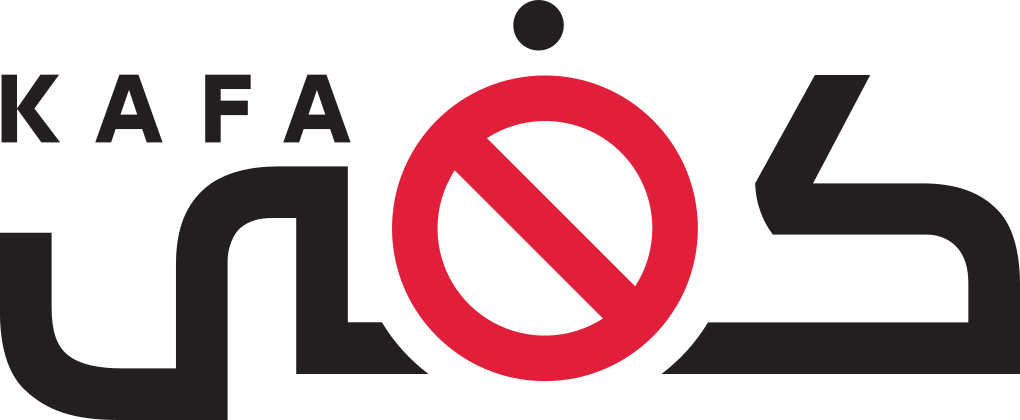Over 250,000 migrant women are employed by private households in Lebanon to carry out household tasks such as cleaning, cooking, and caring for children and the elderly. A standard contract for Domestic Workers sets out the basic parameters for the employment relationship, which creates a legal link between the “the worker” and the “employer”. In Lebanon, the employer wields a great degree of power in determining the living and working conditions of a migrant domestic worker (MDW). The inequities are created in part by a normative framework in Lebanon heavily dominated by a sponsorship system, known as kafala. Under kafala a worker’s legal status is linked to one employer and the worker cannot unilaterally exit the employment relationship. The domestic workers’ exclusion from labour legislation and social protection exacerbates the power imbalance.

